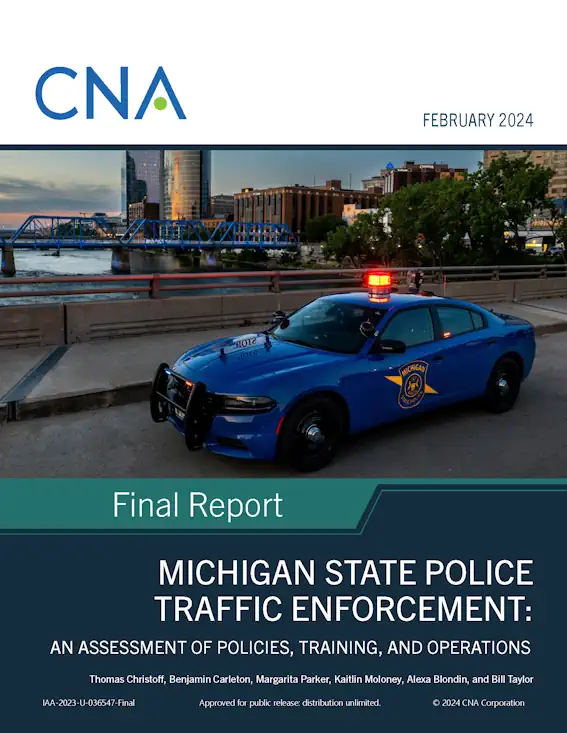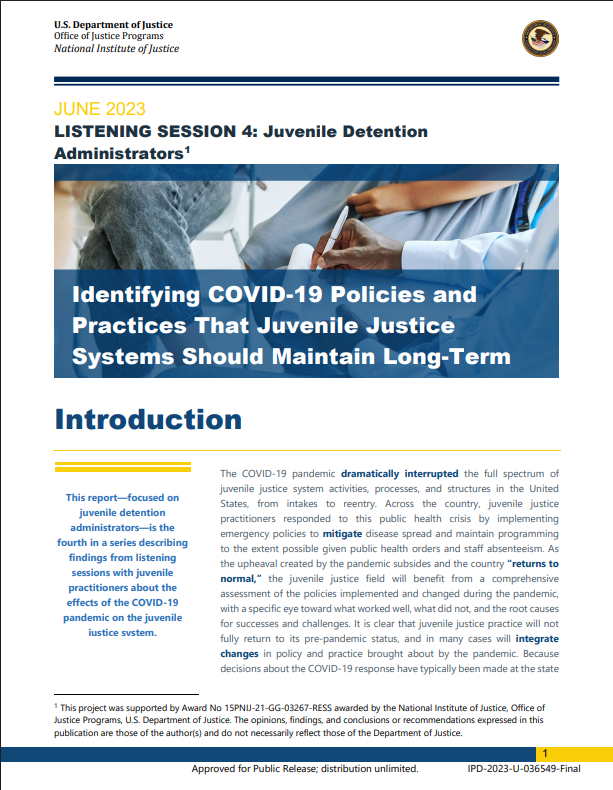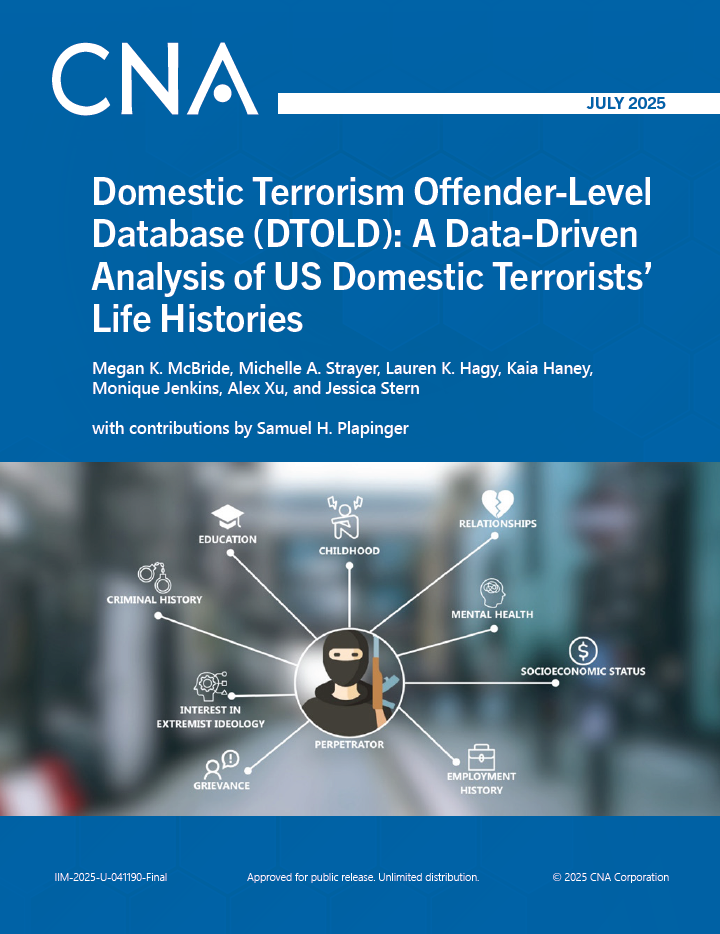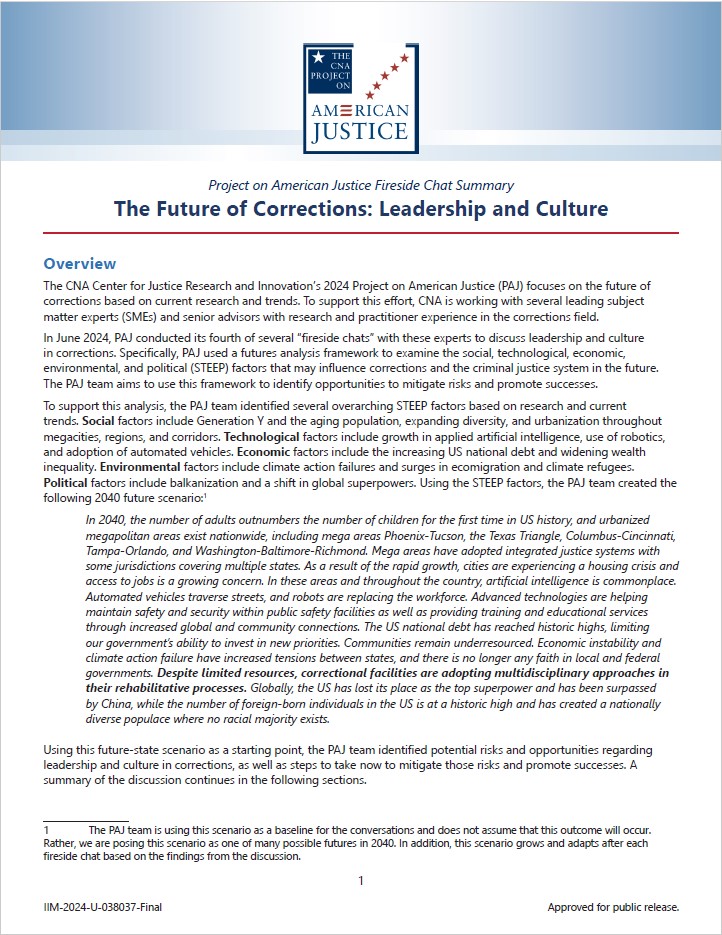Traffic enforcement encounters represent one of the most common interactions that the public has with law enforcement, with more than 20 million people pulled over for a traffic stop in the US each year (Baumgartner et al., 2021). Police officers make at least three important decisions during a traffic stop encounter, including whether to initiate a traffic stop, whether to conduct a search of persons or the vehicle, and how the officer will sanction the driver (Schafer et al., 2006). Similarly, traffic enforcement is also one of the primary responsibilities of the Michigan State Police (MSP), with MSP having conducted 287,065 traffic stops in 2022.
In January of 2021, MSP took proactive steps to begin a partnership with researchers from the School of Criminal Justice at Michigan State University (MSU) to understand whether racial/ethnic disparities exist in traffic stop behavior by MSP patrol members. As part of MSP’s partnership with MSU, MSU researchers examined data for MSP traffic stops conducted during the year 2020. Overall, MSU’s analysis found that “African-American drivers experienced significant disparities with respect to MSP traffic stops.” In addition, MSU’s analysis found that “Hispanic drivers were significantly more likely than White drivers to be searched or arrested after traffic stops.” MSU conducted a second round of traffic stop data analysis using MSP data for traffic stops conducted during 2021. In this second round, MSU added a Post-by-Post analysis, which revealed that “a small proportion of MSP posts accounted for the racial and ethnic disparities observed statewide.” The analysis also revealed disparities in traffic stops for African-American drivers in Secure Cities partnership (SCP) locations.
Upon receiving MSU’s initial findings, MSP leadership responded in January 2022 with the unveiling of a multifaceted Five-Point Plan intended to address racial disparities in traffic enforcement. The five points focused on understanding the contributors to disparities in traffic stops and exploring ways in which MSP could effectively reduce such disparities. The point most relevant to this assessment is the first one, which involves the hiring of an independent consulting firm to review MSP policies and make recommendations that will address racial disparities. MSP issued a request for proposals in March 2022 seeking an independent consulting firm to conduct this work, and the CNA Corporation (CNA) was awarded the contract to assess MSP traffic enforcement policies and program initiatives over the course of 18 months, starting in June 2022.
CNA’s approach to this assessment focused on the full lifecycle of a trooper, including how MSP recruits and hires its troopers, instructs and trains its troopers, and supervises its troopers. We also considered organizational factors that are relevant to traffic enforcement and equitable policing. To assess MSP’s traffic enforcement policies and program initiatives, we used a variety of sources, including document review, targeted interviews, focus groups, ride-alongs, and quantitative data analysis.
This report details the findings and recommendations of this focused assessment and consists of the following five main sections:
- Methodology and Approach
- Recruitment and Hiring Policies, Trainings, and Practices
- Trooper Policies, Trainings, and Practices
- Supervisor Policies, Trainings, and Practices
- Organizational Processes and Initiatives
Overall, the CNA assessment team determined that the racial disparities in MSP’s traffic enforcement outcomes found by MSU do not appear to be the result of widespread discriminatory policing practices by MSP personnel. However, the assessment team identified certain MSP traffic enforcement policies and program initiatives that have likely contributed to the racial disparities in MSP’s traffic enforcement outcomes found by MSU, and there are changes that MSP can and should make to its policies and operations to ensure more equitable traffic enforcement. Throughout this report, we identify both commendable efforts by MSP and areas of improvement as they relate to traffic enforcement.
Based on the CNA team’s assessment of MSP traffic enforcement policies and program initiatives, our key findings include the following:
- MSP has a defined, comprehensive hiring process for applicants.
- MSP has consistently emphasized a written commitment to recruiting a diverse workforce in its strategic plans and recruiting strategy, but the department can improve on its followthrough and accountability for such commitments.
- As part of recruit training, MSP provides 8 hours of implicit bias training, 6 hours of ethics training, and 15 hours of a cultural diversity speaker series.
- Disparities exist in graduation and attrition rates by demographics.
- MSP has made tangible efforts to institute recruiting and hiring practices that reduce barriers to applying for the trooper position.
- MSP has several policies that provide guidance to troopers to ensure constitutional and bias free policing.
- MSP’s policies on traffic enforcement do not sufficiently recognize the community being served nor provide sufficient guidance on the use of discretion.
- MSP has recently delivered two trainings on bias and policing, one that was not well received and a more recent one that was well received.
- MSP does not provide sufficient training on the use of discretion, particularly with the concept of “going beyond the stop.”
- MSP members of all ranks take pride in the department and the law enforcement field.
- Supervisors do not sufficiently manage where and how troopers patrol, leading to disproportionate congregation in high-population areas with greater minority populations.
- MSP troopers and sergeants feel underappreciated by both the department and the community.
- MSP provides several opportunities for supervisors to identify potential bias through their performance review responsibilities.
- MSP supervisors do not provide sufficient direct oversight of their members’ activities.
- MSP supervisors do not take full advantage of BWC review opportunities.
- MSP has a dedicated division that provides a formalized structure for policy review and revision.
- MSP now takes a more systematic approach to provide training and address identified gaps.
- MSP accountability data indicates that it is capable of initiating bias-related investigations and holding members accountable.
- MSP has recently begun efforts to enhance and formalize their self-auditing and inspection process.
- MSP in SCP jurisdictions historically used motor vehicle enforcement (i.e., traffic stops) as its primary form of crime prevention. Since then, strategies have evolved though vary based on site.
- SCP troopers report not receiving sufficient direction from supervisors and are not aware of systematic efforts in SCP sites.
- MSP has an overall robust community engagement approach but does not regularly collect and present evidence on its efforts.
- MSP has created the Professional Development Bureau in accordance with the Five-Point Plan.
- MSP’s BWC program includes key components for success.
Approved for public release: distribution unlimited.
Details
- Pages: 97
- Document Number: IAA-2023-U-036547-Final
- Publication Date: 2/6/2024





